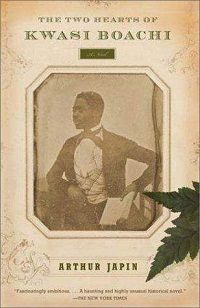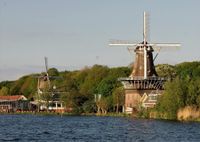Dutch Literature and Culture
I used the "Dutch Canon" - signifying the most important topics in Dutch culture - as an inspiration.
Literature
I read and analyzed some of the most influential Dutch books from the 20th century:
- Multatuli - Max Havelaar
- Anne de Vries - Reis door de Nacht
- Arthur Japin - De Zwarte met het Witte Hart
- Geert Mak - De Eeuw van mijn Vader
Culture
- Zilvermuseum in Schoonhoven
- Neeltje Jans
- Slot Loevestijn
- Cultuurdagen Hardenberg
- Het Huis ten Donck
- Verzetesmuseum Hardenberg
- Schevenings Museum
- Delft
- Leiden
- Molen de Ster Rotterdam Kralingen
- Dordrecht
- Rotterdam
- Voorst
- Eindhoven
- Ede
- Zwolle
- Amsterdam
Molen de Ster in Kralingen
this windmill that you see on the right, would not have been there if it was not for my grandfather. It burned down in the early sixties of the last century, and the city of Rotterdam was not willing to spend money on restoring, or rather building a totally new windmill. Apart from that, nobody knew how to build those things anymore and for that reason it couldn't be done. But Mr. J.P. de Kramer, who was a mill expert, invigorated the young architect C.M. Jol, my grandfather, to keep at it, because as he said: "That money will materialize, we should better be ready when it arrives.". So he measured the rest of what was left of the mill and crawled around in the ashes, to be able to make construction blueprints.
So, as a young man and a bachelor at that, my grandfather traveled through the Netherlands, visiting museums, looking at windmills in the Netherlands and in Germany, as well as looking through archives to find out how to reconstruct the mill. After two years of that, working hundreds of hours in his spare time, in the evenings and week-ends, he finished the blueprints and subsequently built a small-scale working model, to test if everything was correct as well.
And the money did come up in the end. The mill was rebuilt and my grandfather, who had been a master carpenter before venturing into architecture, was precisely the man for the job. He is still very proud of his life's work, although he says that he is asking himself nowadays why he spent so much time doing other people's work without a penny's pay.


